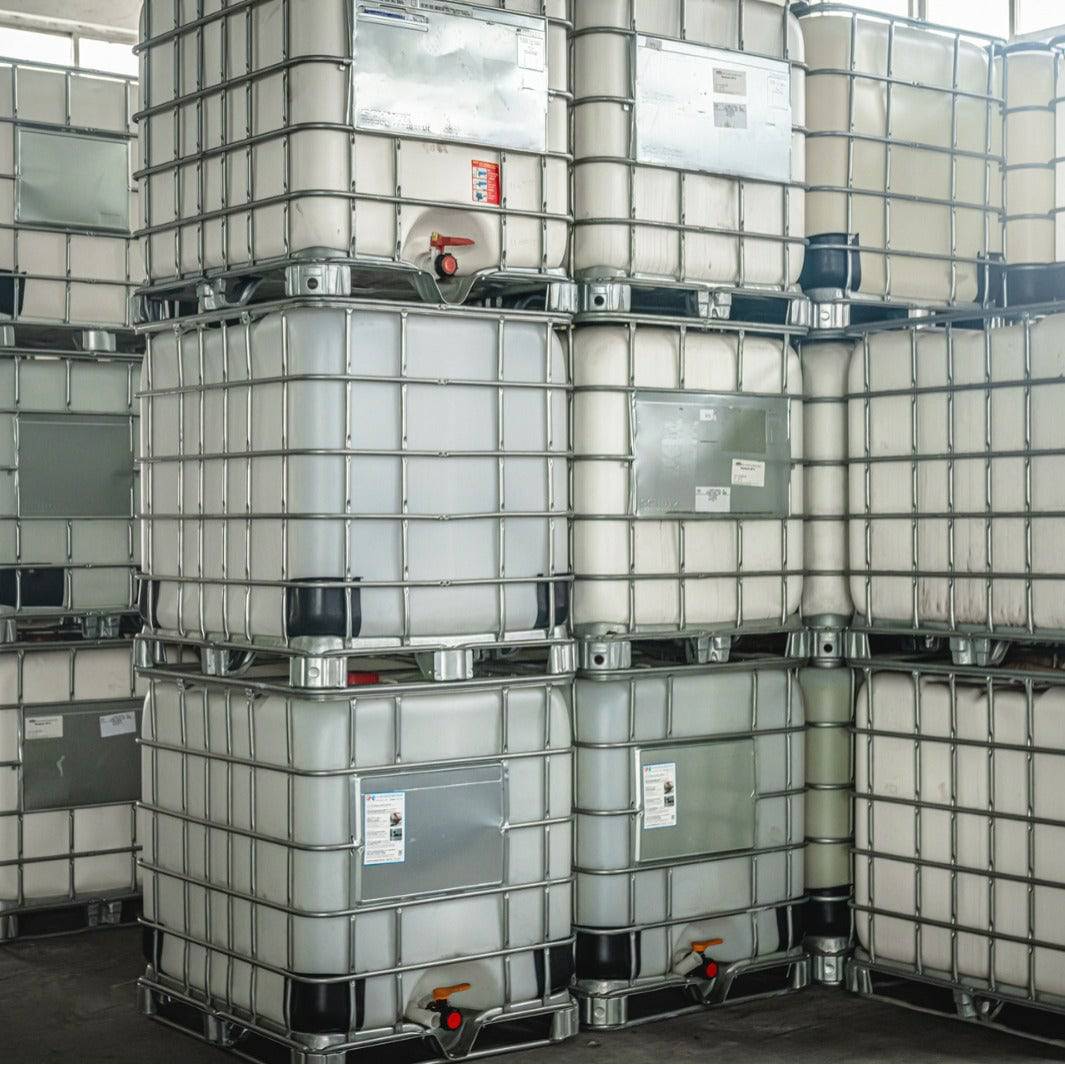The Value of Thermal Security in Heat Transfer Fluid Choice
The Value of Thermal Security in Heat Transfer Fluid Choice
Blog Article
The Duty of Warmth Transfer Liquid in Enhancing System Efficiency and Safety
In the ever-evolving landscape of commercial procedures, heat transfer liquids (HTFs) emerge as crucial elements in maximizing both system performance and security. These specialized fluids, known for their exceptional thermal conductivity and regulated thickness, make it possible for efficient warmth exchange, which is important for streamlined operations.
Understanding Heat Transfer Fluids
Warm transfer liquids, often thought about the lifeline of thermal administration systems, play a crucial function in regulating temperature level across numerous industrial applications - heat transfer fluid. Industries such as chemical processing, power generation, and production depend on warm transfer fluids to guarantee equipment operates successfully and securely.
The option of an appropriate warmth transfer liquid is crucial to the success of a thermal administration system. In recap, an extensive understanding of warmth transfer liquids is vital for enhancing system efficiency, making sure functional security, and attaining cost-efficient thermal monitoring remedies.
Key Characteristic of HTFs

The details warmth ability of an HTF defines the quantity of warmth energy required to alter its temperature, impacting just how successfully the system can respond to temperature variations. The boiling and freezing points of HTFs also play a pivotal duty, especially in systems revealed to extreme temperatures, making certain fluid stability and preventing phase changes during procedure.
Enhancing System Performance
To boost system performance with warm transfer fluids (HTFs), it is important to incorporate an extensive approach that takes into consideration both fluid residential or commercial properties and system style. The option of a proper HTF is critical, as its thermal conductivity, thickness, and particular heat capability directly affect the performance of warm exchange. High thermal conductivity guarantees quick heat transfer, while optimum viscosity assists in smooth circulation through the system, reducing energy intake. Additionally, a high certain heat capability permits the liquid to store and transfer even more thermal energy, enhancing general system performance.
Equally vital is the design of the warm transfer system itself. The surface area and product of warmth exchangers ought to be optimized to make best use of heat transfer efficiency.
Boosting Operational Safety
Guaranteeing operational security in warm transfer systems calls for a thorough emphasis on both the properties helpful site of warm transfer liquids (HTFs) and the design and upkeep of the whole system. HTFs must possess thermal security, reduced flammability, and ideal viscosity to lessen dangers such as leakages, fires, and system malfunctions. Choosing the right HTF is essential as it establishes the system's capability to manage temperature level fluctuations without compromising safety.
The design of the system ought to incorporate redundancies and fail-safes to take care of possible risks efficiently. This includes the assimilation of safety shutoffs, pressure alleviation devices, and temperature level tracking systems to detect and resolve anomalies quickly. Regular upkeep is critical to make certain that all elements, consisting of pumps, pipes, and seals, are operating correctly and are complimentary from wear or deterioration, which could bring about unsafe leaks or failings.
In addition, personnel in charge of the procedure and maintenance of warm transfer systems have to be sufficiently educated in security procedures and emergency situation feedback treatments. Regular training programs and safety and security drills can more information considerably minimize the chance of crashes, guaranteeing a safer working atmosphere. Eventually, a thorough method to safety and security-- incorporating fluid choice, system layout, and labor force training-- is crucial for optimum operational security.
Market Applications of HTFs
Commonly utilized throughout various fields, heat transfer liquids (HTFs) play an essential duty in improving the effectiveness and integrity of thermal monitoring systems. In the chemical market, HTFs are integral for maintaining accurate temperature levels throughout responses, guaranteeing product uniformity and quality. They promote warm exchange processes in reactors, condensers, and heat exchangers, therefore optimizing power use and lessening waste.
In the oil and gas industry, HTFs are employed in both upstream and downstream operations. They take care of temperature in boring operations and boost performance in refining procedures by look what i found giving secure thermal conditions. This causes lowered downtime and boosted security, specifically in crucial procedures such as purification and splitting.
The renewable energy sector additionally benefits considerably from HTFs, specifically in concentrated solar energy (CSP) plants. Below, HTFs transfer caught solar power to power generators, enabling effective electrical power generation. The pharmaceutical market counts on HTFs for exact temperature control in both synthesis and storage, ensuring item effectiveness and safety.


In addition, the food and beverage industry utilizes HTFs for pasteurization, sterilization, and cooking processes, improving both product safety and manufacturing effectiveness. Across these markets, HTFs work as crucial parts in keeping optimal operational efficiency and safety.
Verdict
Heat transfer fluids are necessary in enhancing commercial system efficiency and safety by providing high thermal conductivity, optimal viscosity, and thermal security. Appropriate choice and upkeep of HTFs enhance warmth exchange performance, consequently increasing functional performance.
Report this page